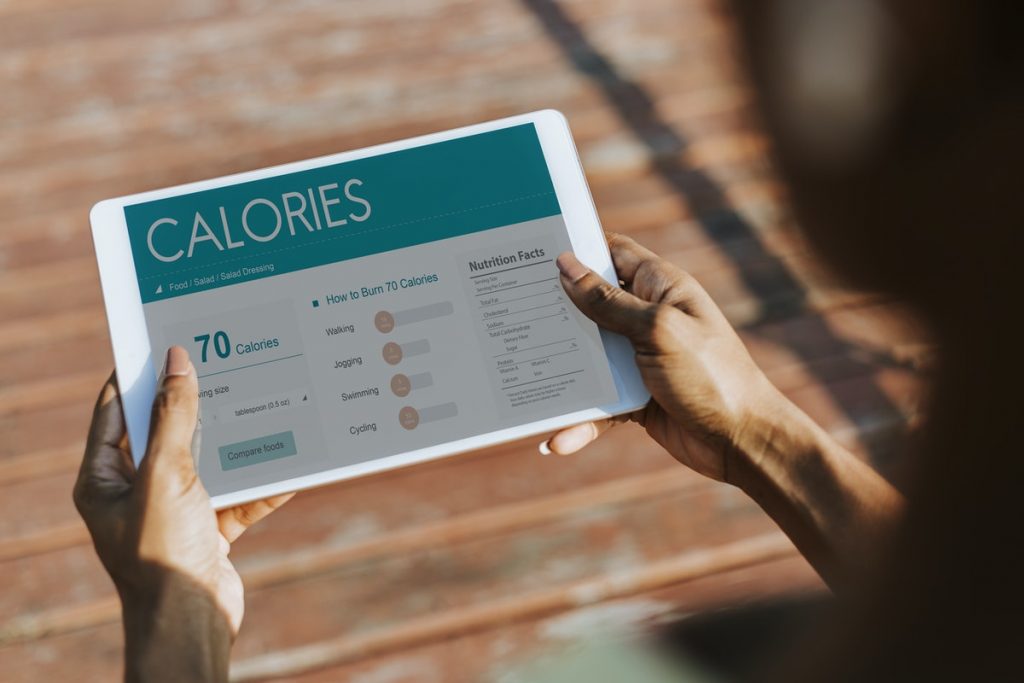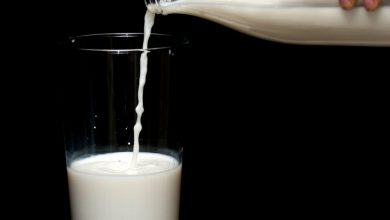
How Many Calories Should Be Eaten For Breakfast?
Most diets based on controlling and reducing calorie consumption will have daily limitations. These calorie limitations are essential for dieters to follow because it can result in weight reduction and healthy weight management in many cases.
Unfortunately, only tracking calories throughout the day and hoping for the best isn’t usually the best practice. With any diet or weight management plan, it’s often more productive to plan daily meals and calorie consumption ahead of time – here’s why:
- Proper Calorie Tracking – When you plan your meals ahead of time, you have the benefit of portioning out your calories throughout the day. There’s nothing worse than consuming too many calories at the beginning of the day only to be left with hardly any before dinner; when this happens, you’ll end up either going hungry or breaking your diet.
- Better Meal Prep – Planning your meals allows you time to purchase and prepare healthy food choices in advance. You can feel more in control of your diet when you’ve planned accordingly and have diet-friendly options easily at your fingertips.
- Variety – One of the biggest pitfalls to dieting is getting bored with food choices. Food boredom can lead to under or overeating and reduce your chances of success with the diet. When you plan ahead, you can have an easier time bringing variety to your diet. By rotating food choices and keeping your options fresh, you may find it easier to stick to your diet plan.
When you’re following a diet with calorie restrictions, one of the most important decisions you’ll need to make is how many calories to consume with each meal. By predetermining each meal’s calorie count, you can more efficiently determine what to eat each day without going over your allotted calories.
But how do you go about deciding how many calories each meal should have? In this article, we’ll specifically explore breakfast and offer guidance to help you determine the right calorie count for you. We’ll start first by exploring how calories work in relation to your body function and diet.

What Are Calories and Why Are They Important?
A calorie is a unit of measure that directly contributes to providing the energy that your body needs for fuel. When you’re reading nutritional labels and seeing the calorie count listed, what you’re seeing is the amount of energy that each food has per serving.
Contrary to the popular belief of many dieters, calories are extremely necessary for our bodies to function properly. Without calories, your body wouldn’t have the energy and fuel needed to perform essential bodily functions. That being said, when more calories are consumed than burned, it can lead to weight gain; this is why so many diets are based on the act of cutting calories. By cutting calories to less than the amount being burned by your body for energy, you can potentially see effective weight loss.
What Are Your Weight Loss Goals?
To determine how many calories you should consume for breakfast, it’s first important to assess your weight loss goals. Consider these questions:
- How physically active are you each day? Are you burning calories through exercise on a regular basis?
- How much weight are you trying to lose? Are you seeking to maintain your current weight instead of losing more pounds?
- What is your current body mass index (BMI)?
These questions and more can help you determine how many calories you should limit yourself to each day. We recommend using a calorie calculator to help narrow down your calorie needs more closely. On average, however, men can expect to need 2,000 to 3,000 calories per day, and women usually require 1,600 to 2,400 calories per day.

How Many Calories Should You Consume for Breakfast?
Breakfast should contain the most calories out of all meals, according to experts. It’s been shown that by breaking calorie consumption down to 50 percent for breakfast, 36 percent for lunch, and 14 percent for dinner, many dieters will experience successful weight loss. Using these percentages for guidance, you can break down each of your day’s meals accordingly to help you stay on track for your weight loss or maintenance goals.
Here’s an example of what a daily caloric breakdown could look like:
Calorie Intake Goal: 1,200
- Breakfast (50 percent): 600 calories
- Lunch (36 percent): 432 calories
- Dinner (14 percent): 168 calories
After doing this breakdown, you would now know that your ideal caloric intake for breakfast each day would be no more than 600 calories. Now you can plan meals and snacks accordingly.
How to Stay on Track with Breakfast Calories
With any diet that has calorie restrictions, it can be challenging to stay on track sometimes. Getting creative with how you consume your calories and learning what substitutions you can make can help. Below, we’ve listed some tips and tricks to help get your day started right with a healthy and calorie-friendly breakfast.
- When In Doubt, Choose Protein – Foods that are high in protein are excellent for helping you feel full faster. Protein is also necessary for your body to perform necessary functions. Try incorporating healthy doses of foods like eggs, cheese, and nuts into your breakfast.
- Skip the Orange Juice – Juice and soda can have high amounts of sugar that will consume most of the calories you’ve allotted for breakfast. Try skipping the juice and opt for water or black coffee instead with your meal.
- Don’t Skimp on Flavor – When you eat foods rich in flavor, it can help you feel fuller faster. By stimulating your taste buds with spices and robust tastes, it’s been shown that satisfaction levels can be increased, and hunger can be reduced.
- Say No to Processed Foods – Many processed foods are loaded with sugar, unhealthy fats, and empty calories. On a calorie-restricted diet, it’s vital that the foods you eat provide the most nutritional value. If you’re craving cereal, try opting for some old fashioned oats topped with fruit instead.
- Don’t Skip Breakfast – It may be tempting to skip breakfast in order to get ahead of the day’s calorie consumption. Unfortunately, meal skipping can promote adaptive thermogenesis in your body and result in more weight gain over time.
- Load Up on Fiber – Fiber consumption is excellent for digestion and can even help with weight loss. Easily incorporate fiber into your breakfast meals through the consumption of fruits, vegetables, and oatmeal.



